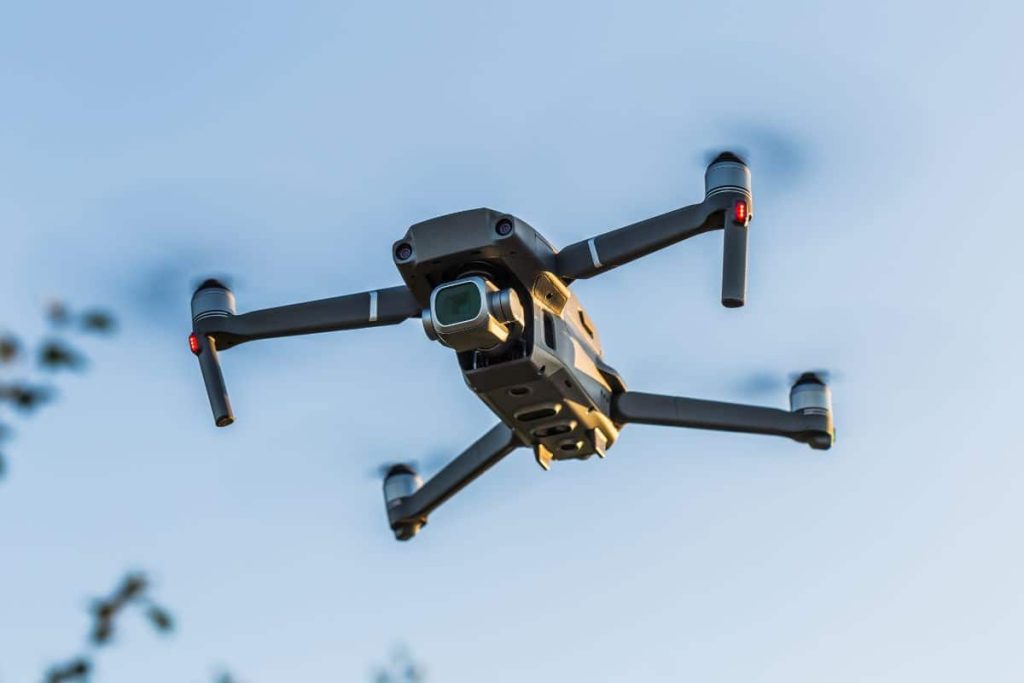What To Know
- One of the main novelties of Nabat is the application of drones and artificial intelligence to monitor environmental information on the state of mangroves.
- In contrast to other interventions that are centered on planting of trees, Nabat utilizes the techniques of precision mapping as well as seeding mechanisms so as to step up restoration.
- Nabat is an AI and robotics system created by the VentureOne programme of the ATRC in cooperation with ecologists at the Technology Innovation Institute.
Nabat is a climate tech project launched by Abu Dhabi for mangrove and ecosystems restoration across the UAE and other areas. Nabat is an AI and robotics system created by the VentureOne programme of the ATRC in cooperation with ecologists at the Technology Innovation Institute.
One of the main novelties of Nabat is the application of drones and artificial intelligence to monitor environmental information on the state of mangroves. This approach also makes the work more efficient and sustainable since several techniques are developed to meet the needs of different habitats.
In contrast to other interventions that are centered on planting of trees, Nabat utilizes the techniques of precision mapping as well as seeding mechanisms so as to step up restoration. “We are not just planting trees – AI and mapping technologies are utilized for every single action to be in line with what the habitat requires”, pointed out Reda Nidhakou, Acting CEO of VentureOne.
By applying the technology of drones into intervention, Nabat reduces interference of human activities on sensitive environments. These drones can operate well in complex or difficult to access regions, sowing seeds where they stand the best chance. Nidhakou pointed out that this minimizes cases of human intervention, which may be largely destructive in nature.
Mangroves are the first target of Nabat because of the ecosystem services that they give such as coastal defense, providing homes for species, and their action against climate change. Mangrove forests help reduce greenhouse gases because these forests can capture carbon did oxide up to five to ten times more than rainforests.
Although Nabat has initiated its first planting season not long ago, it is already teaming up with government agencies to plant thousands of hectares of mangrove across the UAE. Future activities will be oriented toward the conservation of deserts, farmland, forests, and coral reef, as these values are significant and enduring, with focus on handling big data for conservation on the area scale.
“To us, at Nabat, it’s important to believe that technology could be one of the most influential partners of Mother Nature in combating the effects of climate change,” said Nidhakou










